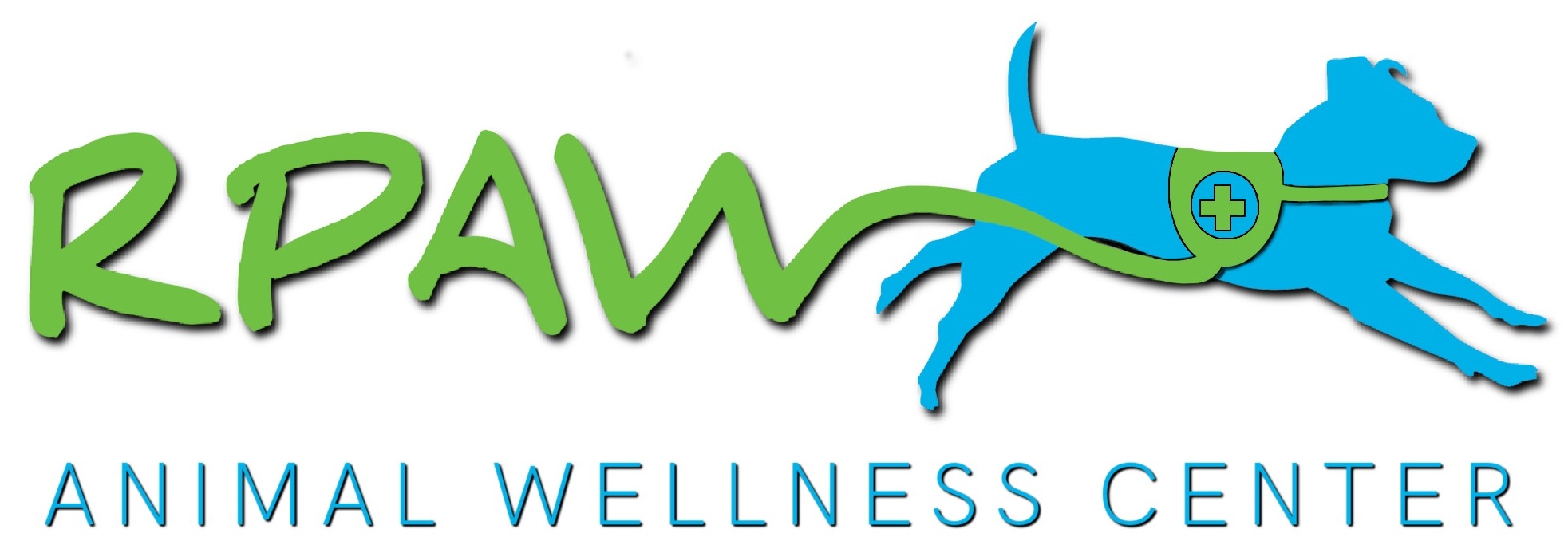Library
-
Seedy toe is a separation of the horse's hoof wall from the underlying sensitive laminae at the white line, resulting in a cavity that fills with crumbling dirt, horn and debris and is prone to associated infection.
-
Senegal parrots are small- to medium-sized birds. They are generally very friendly and are very adept at mimicking household sounds like the microwave or telephone. They generally bond with one to three household members.
-
Several changes occur in the aging cat; they often progress slowly, so it is essential to have your senior cat examined by a veterinarian twice yearly. This is important so that if your cat develops a disease, it can be recognized and treated as early as possible, thereby maintaining her quality of life for as long as possible.
-
Senior dogs are in the stage of life where aging begins to affect every organ system. Some organs wear out faster or are more susceptible to cumulative damage than others, so certain observations are critical. While it is true that old age is not a disease, older dogs do merit special attention, including routine health exams twice yearly. This is important so that if your dog develops a disease, it can be recognized and treated as early as possible, thereby maintaining his quality of life for as long as possible.
-
At certain times of the year, birds are under the powerful influence of sex hormones and will behave instinctively in distinct ways that you may not have witnessed before. Humans may cause frustration or confusion in their birds with what may be our inappropriate responses to their sexual behaviors. This handout describes several of these behaviors in birds and how to prevent or manage them.
-
Some horse owners feel that it is necessary to 'clean' a colt or gelding's prepuce (sheath) and penis on a fairly regular basis.
-
Pet owners show off their dogs at dog shows, which are organized events that provide an audience primed for admiring the glory of the canine kingdom. A dog show is an official gathering of dogs and their owners/handlers in a competitive arena.
-
The most common skin problem in mini-pigs is dry skin that results from a dietary deficiency of fatty acids. In addition to dry skin, mini-pigs commonly suffer from sarcoptic mange, parakeratosis, yeast dermatitis, and sunburn. Hooves of mini-pigs grow continuously throughout life and need to be trimmed periodically. The canine teeth (tusks) of male pigs grow throughout life, while those of female pigs stop growing at about two years of age. Starting after the pig is about a year of age, your veterinarian will trim tusks during an examination.
-
Skunks spray volatile compounds from their anal sacs if they feel threatened by a potential predator such as a dog. If sprayed in the face your dog may need veterinary care, as corneal damage can occur if sprayed in the eyes, and vomiting, diarrhea, or anemia can result if sprayed in the mouth.
-
The family of Colubrid snakes comprises over 1,000 different species. Most individuals in this family of snakes, except the boomslang snake, are non-venomous. Colubrids generally make very good pets and come in a variety of colorful patterns.

